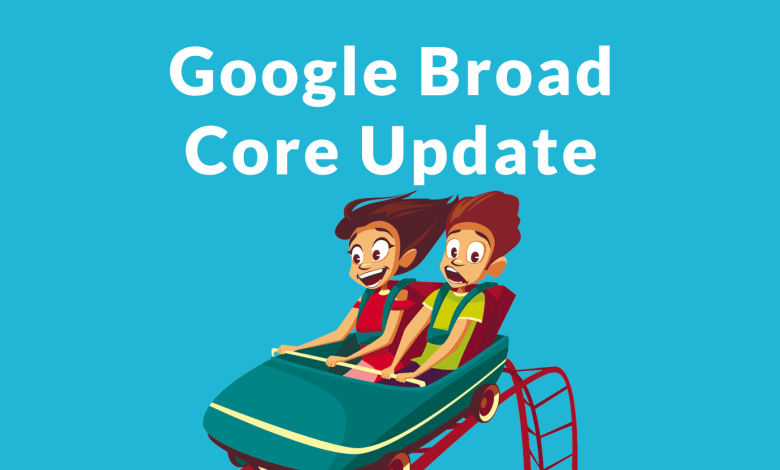
Google has officially announced a broad core update that began rolling out on Monday, June 3, 2019. The announcement was made via Twitter, indicating that the "June 2019 Core Update" is now live and will be gradually implemented across Google’s various data centers.
The initial announcement about the update came from Google SearchLiaison on Twitter a day before the rollout, on Sunday, June 2, 2019. This statement emphasized that the update is a part of Google’s routine broad core algorithm updates, which occur several times a year. Google reiterated that there is generally nothing specific for content owners to "fix" in response to these updates.
Google further referenced a previous tweet from October 2018, titled "An Update about Updates," which reassured that core updates are typically not about resolving specific issues. Rather, they aim to improve search relevance. The updates help Google understand search queries and the content better, expanding beyond just filtering out spam to enhance search result relevance.
The Penguin algorithm, which handles links, is part of Google’s core algorithm. There has been no confirmation if the June 2019 Core Algorithm Update includes any changes to the Penguin algorithm. However, in March 2019, at a Pubcon Florida keynote, Gary Illyes mentioned that improvements to the real-time Penguin algorithm are ongoing, although no specific enhancements related to the June core update have been announced.
In light of the June Broad Core Algorithm Update, Google’s official advice is to take no action. While this guidance might be unsatisfactory to some publishers and search marketing professionals, it remains sound advice. Important points to consider include:
- There is no specific action required from Google’s perspective.
- It is advisable to wait as updates may take a week to ten days to fully settle.
- Broad Core Updates are not designed to target specific niches.
- The updates are generally about improving search relevance, not solely site quality.
Ultimately, if a site’s ranking has decreased, instead of searching for issues to fix, consider why the site might not be deemed as relevant by Google anymore. It may be more beneficial to reflect on the strengths of competing sites that have gained better rankings.
More Resources
Images by Shutterstock, Modified by Author
Screenshots by Author, Modified by Author


